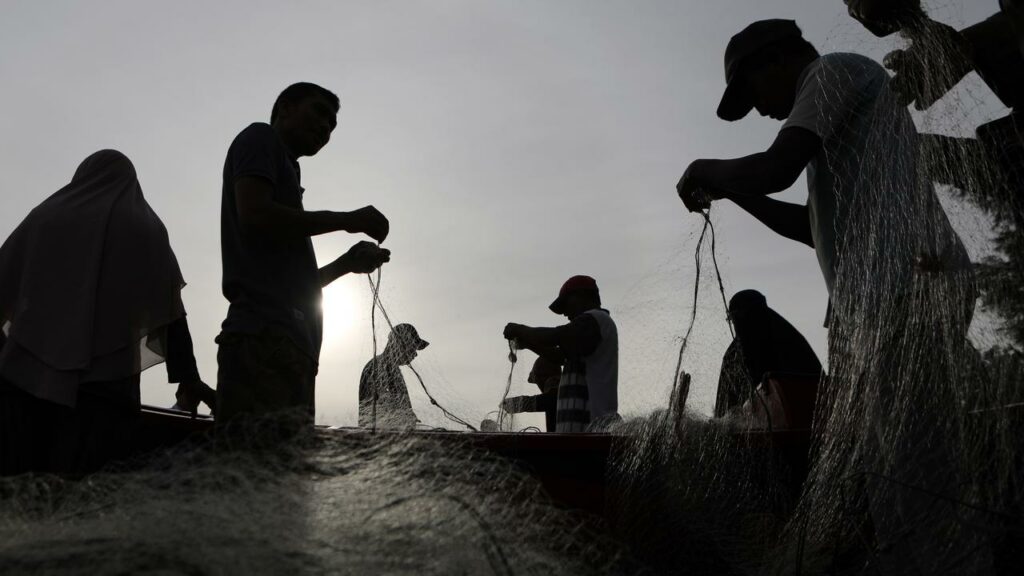Fisheries face risk from climate change
Fraser Barton |

Fisheries in tropical countries face a greater risk of disruption from climate change than agricultural activities, particularly in poorer nations, a study shows.
Researchers from James Cook University’s Centre for Coral Reef studies surveyed fisheries and agricultural communities in five tropical countries.
They found that by 2100 up to 40 per cent of fishable biomass areas in the ocean could drop, alongside more than half of suitable growing days per year for agricultural industries.
Professor Joshua Cinner, the lead author of the study, said policy planning rarely considered changes to agriculture and fisheries simultaneously.
Tropical regions and those who live there would likely suffer losses as the effects of climate change become more apparent.
“These larger-scale assessments gloss over how households and even entire communities will be affected by climate change,” said Prof Cinner.
A total of 28 researchers investigated the potential impacts of climate change across 72 coastal communities in Indonesia, Madagascar, Papua New Guinea, the Philippines and Tanzania.
People from more than 3000 households were surveyed on expected future yields across fishery and agricultural activities.
Researchers found that, while vulnerability may vary in communities across different countries, lower socio-economic regions were particularly exposed to severe impacts and had a higher dependence on natural resources.
Which means those areas will be hit harder.
“We found that the potential losses are expected to be higher in the fisheries sector than agriculture overall, but the big problem is that two thirds of the communities we studied will experience potential losses to both fisheries and agriculture simultaneously, under a high emissions scenario,” Prof Cinner said.
“It really does show how much the lives of very many ordinary people hinge on decisions they have no control over and highlights the moral responsibilities that decision makers have towards them.”
AAP